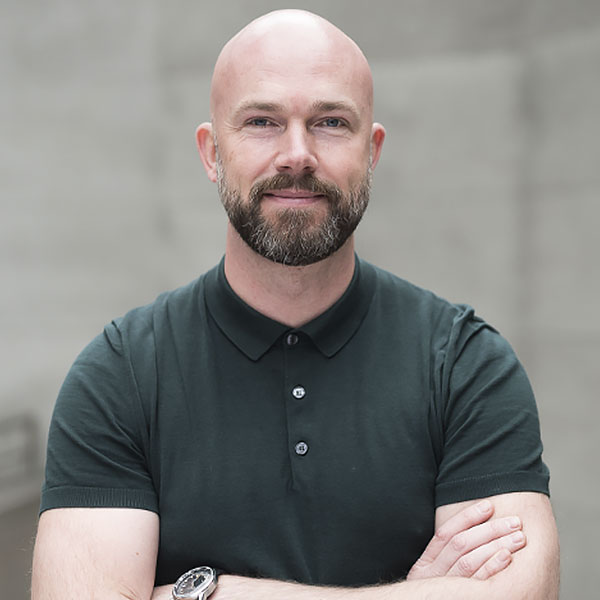The Comfort of Chagrin
Working in European film can easily lead to disappointment, it seems. Looking around, listening to our colleagues, reading interviews, it seems that things are getting tougher and tougher. The grass always seems greener elsewhere. A question that resounds in many meetings in Europe is: “Why aren’t things better?”
After a year at the helm of the European Film Academy’s everyday operations and having met so many of you online or elsewhere, this feeling and fear of what the future might bring is tangible everywhere. Of course, there are many reasons to worry. Also the European Film Academy itself could make a list of things that could be improved, things we hoped would be different (especially this year). Yet, I refuse to see only disappointments when I look back at the year 2021.
Instead, I believe in observing closely and trying to identify what is really happening to start with. I am an optimist and I trust that things are not per se getting worse, they are transforming into something new. I realise very well that times are changing and that many things we liked and grew fond of will not come back. I also understand that for an organisation as the European Film Academy, this brings chances that should be used wisely.
In lieu of being paralysed, the team of the Academy has spent time to imagine, to write down what we wish for, to say where we’d like to be in five years from now. That wasn’t always easy. But the truth is that looking back at the winners of the past decades of the Awards of the European Film Academy, shows you an impressive line-up of European film, and so many wonderful people who have grown with the help of the work we do. But, of course, European film history goes back way longer than the past 34 years, and we want to celebrate that and raise the public awareness thereof. Sometimes it looks like we’ve forgotten in Europe how strong the art of cinema is in our blood, in our memories, in our imagination.
Not being content with the reality in which we live when we work in European film is almost a given fact. There’s a certain comfort in that. Yes, there is a lot to do. But being dissatisfied has become a culture itself, it seems. How would it sound if we’d make plans to shape the future we want, instead of fighting against attacks from the world outside? How would it be if we’d decide to collectively use the immense power of cinema and claim the space European film deserves? What would happen if we’d open up our work and see film as a possibility to tell the stories of so many more people than we do now? How would it be if the European Film Academy would start working this way?
This past year has also allowed us to look at the great network that has grown over time and to evaluate and strengthen it . This starts with our partners in the European institutions and particularly Creative Europe and continues with the European Film Promotion EFP, the Film Academy Network of Europe and ARTEF, the Anti-Racism Taskforce for European Film, it includes all the festivals participating in our short film initiative, our partners for the Young Audience Award and our patrons – it includes, in fact, all those great and passionate people who help and advise and support us.
The comfort of chagrin is too easy an option. If we look at the growing number of Academy members, the incredibly powerful films that are part of this year’s selections, the bandwidth of films being nominated, there is a strong starting point to build on. We should give ourselves more permission to dream in Europe, and in European film. Yes, there is a lot to do. Yes, it will most likely take us a decade to realise some of these dreams. But do we want to look back in 2030 and see European film hasn’t grown and hasn’t become a much stronger player to reckon with? Do we want to be seen, acknowledged and celebrated by many more people living in the 52 countries that are part of our continent? Do we want to realise we missed the chances to reach that, because we got stuck mourning the loss of what we knew?
Now, that would be a reason to be truly disappointed.
